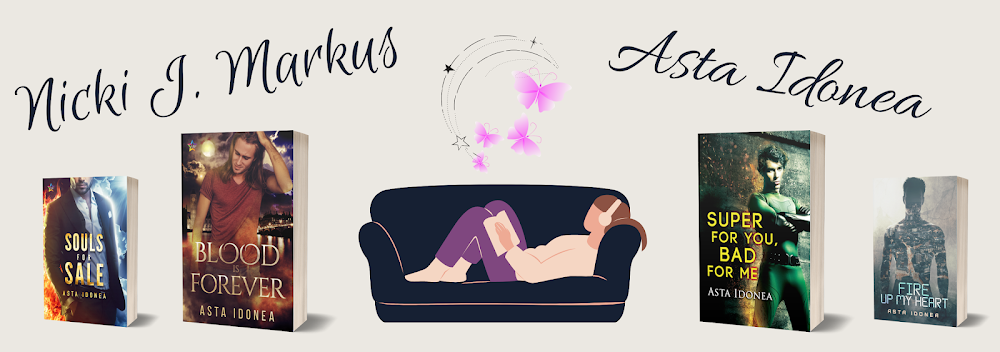Welcome to my first How I Write post for 2019. Today I am offering a brief overview of social media for authors, based on my personal experiences.

Facebook—This is a difficult one these days since the algorithms mean that little of the stuff you post on business pages gets seen, unless you pay to boost it. You could use a profile instead, but if you’re anything like me, and prefer to keep a small segment of social media private for friends and family, this may not be a valid option. The one thing I do like about Facebook as an author is the groups you can join. I belong to several. Some give me an opportunity to promote my works. Others are places where I can chat with fellow authors, sharing advice and asking questions.
Twitter—The main trick with Twitter is to keep out of arguments, as they can escalate swiftly. Choose your words wisely and you’ll be okay. The key thing here is personal engagement, so join in author and reader chats and monthly events. Share links to interesting posts you come across. Promote your own works, too, but try to keep that to no more than 30% of your content. Twitter is best for quick, snappy interactions and the dissemination of information.
Instagram—Instagram is all about the visuals. If you like snapping pictures, this is the platform for you. As an author, you could document your writing life, or share pictures of the books you’re reading. Having a theme/style helps make your feed look great, and you can join monthly challenges (there are several every month, both for authors and readers) if you need inspiration.
Pinterest—This can be a great place to save writing tips you come across, or to create an inspiration board for your latest work. Some authors do well with this platform, though it’s never been a big focus point for me. I use it mainly to save tips and ideas, rather than as a place to collate inspiration for my writing.
LinkedIn—This is the most ‘professional’ of the platforms. I mainly use it as a social media CV of sorts. I list my new publications and latest news there. I am in a few groups, but I’m not hugely active in them as I’ve never found much of worth there.
YouTube—Vlogging is in. As an author (if you aren’t too camera-shy) having a YouTube channel is a way to speak directly to your potential readers. Tell them about your writing process and new releases, but also offer ‘value’ content such as writing tips. Review books you’ve read, or join a livestream discussion. You don’t need top-end equipment for your filming. Just ensure your audio is clean and the footage is in focus.


No comments:
Post a Comment